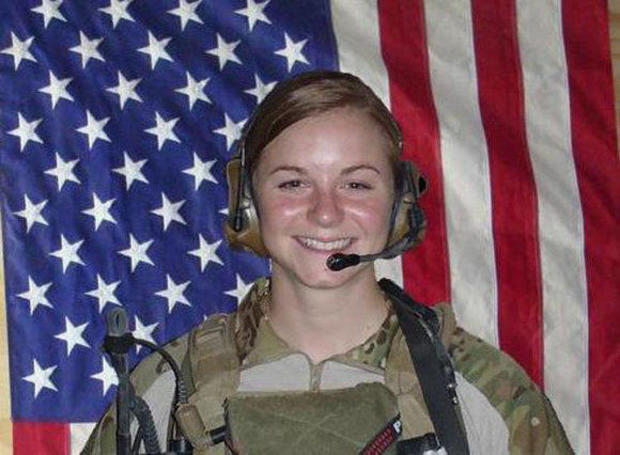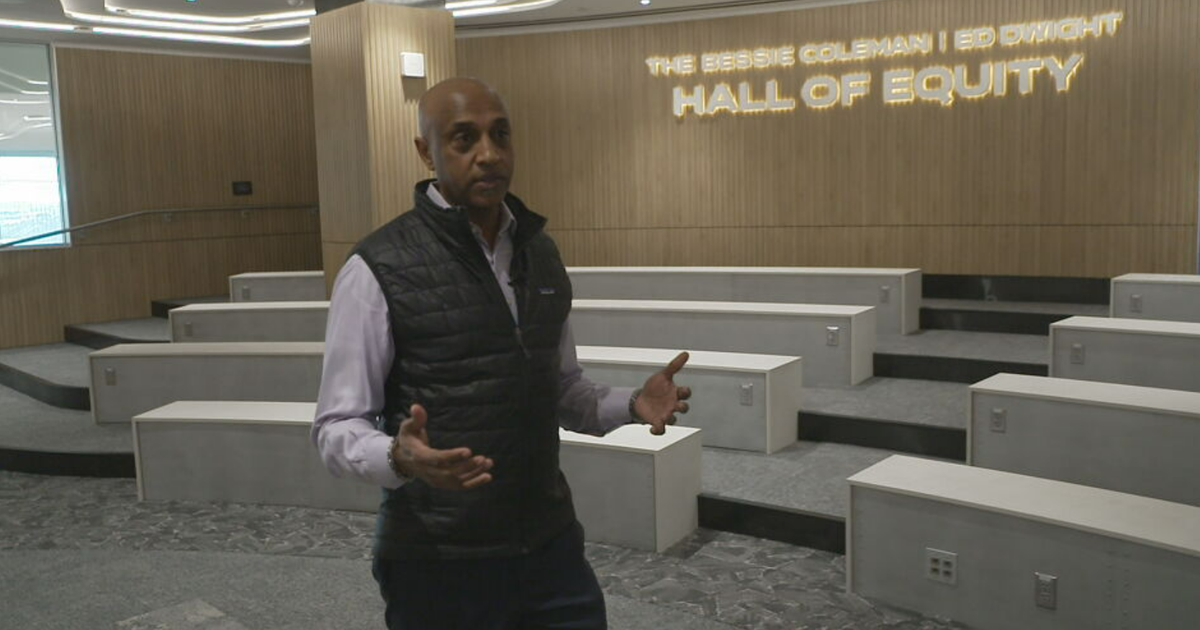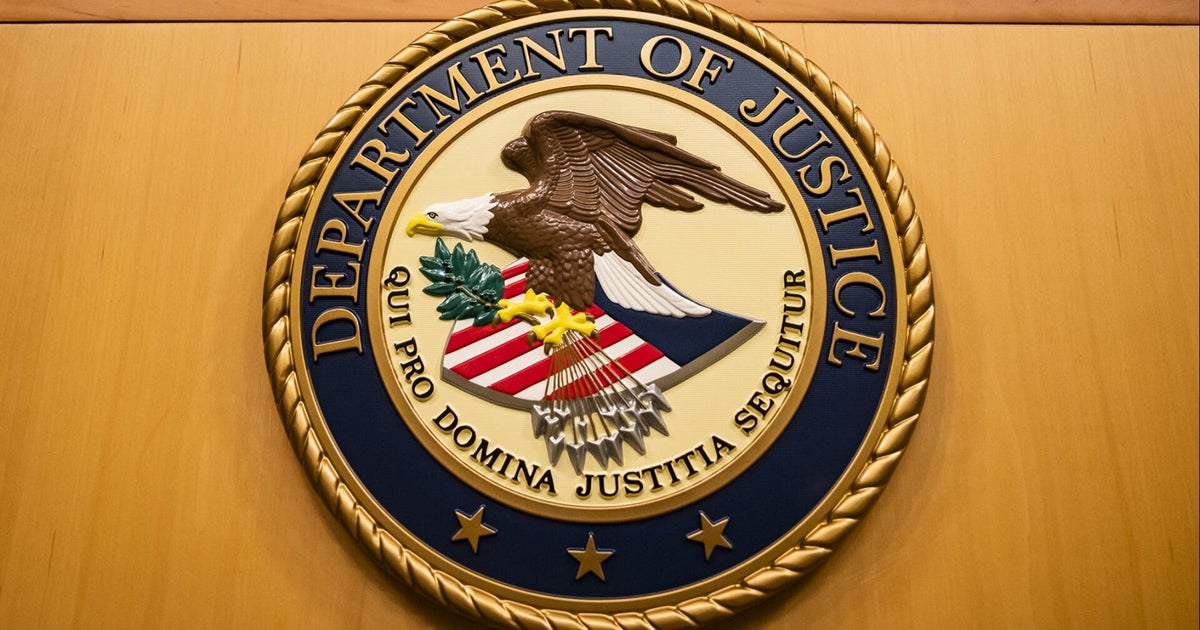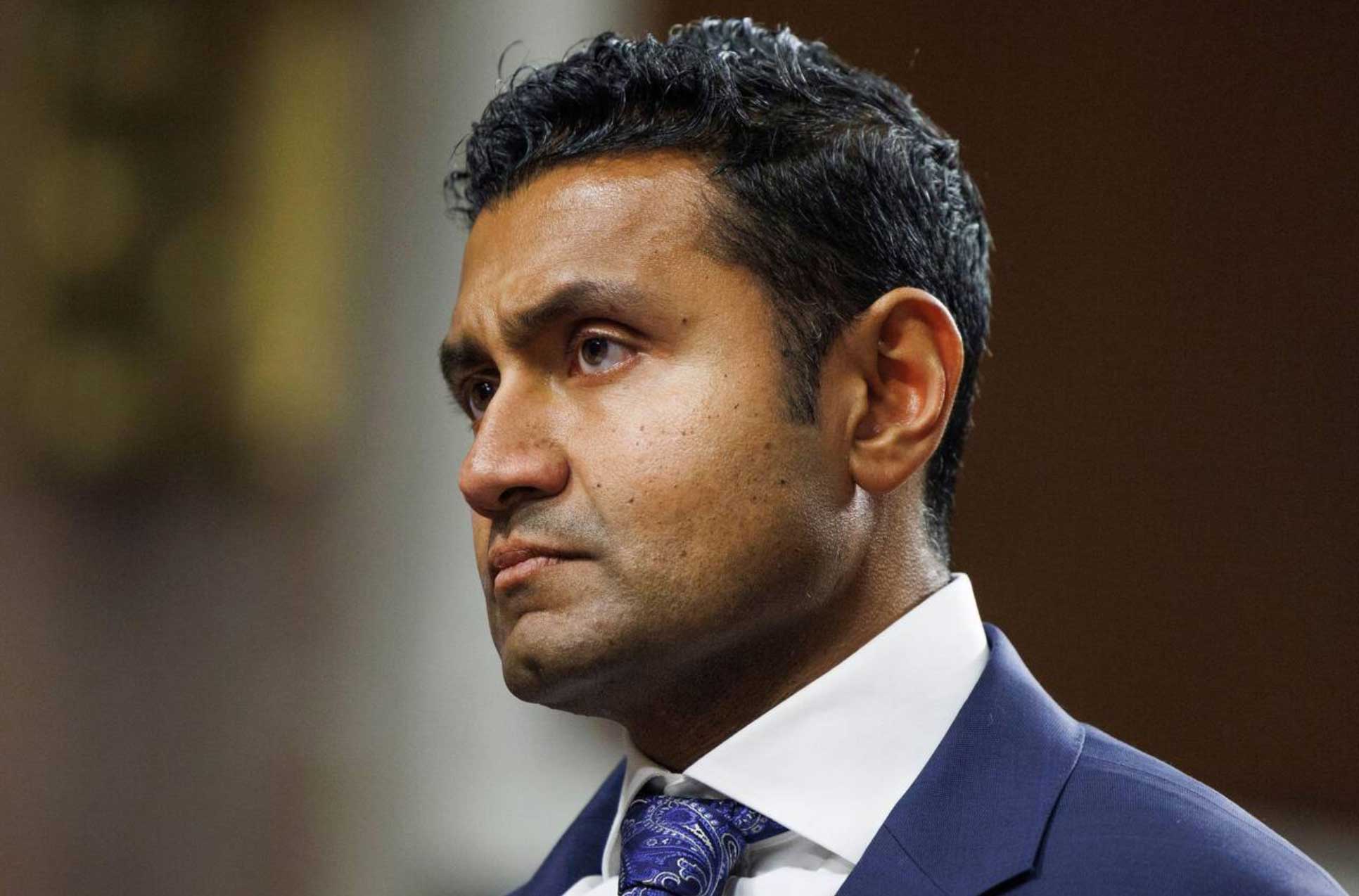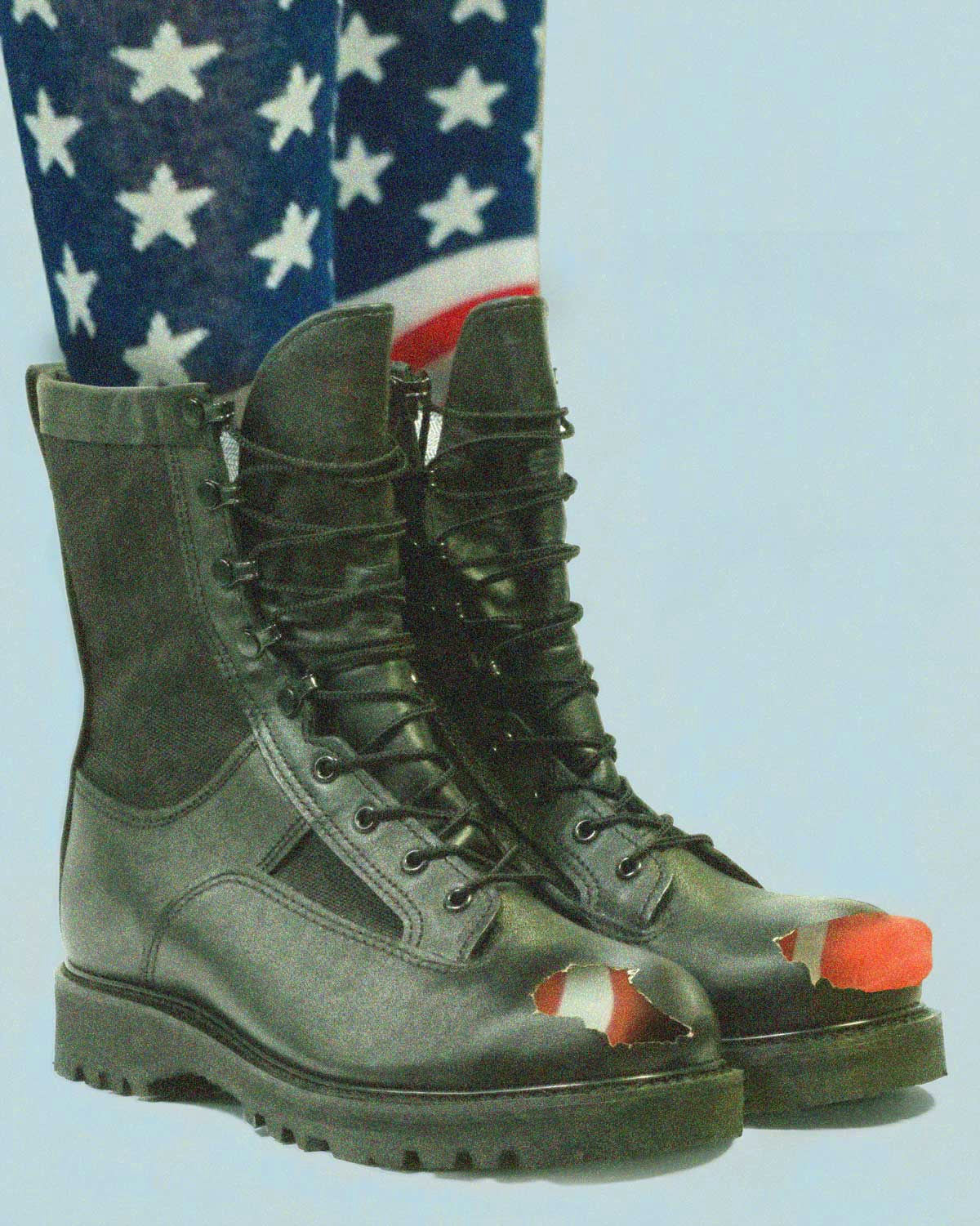Ashley White died patrolling alongside Special Forces in Afghanistan. The U.S. Army veteran was a pioneer for women soldiers.
Ashley White received her earliest combat action badge from the United States Army soon after the first lieutenant arrived in Afghanistan. The silver military award, recognizing soldiers who've been personally engaged by an attacker during conflict, was considered an achievement in and of itself as well as an affirming rite of passage for the newly deployed. White had earned it for using her own body to shield a group of civilian women and children from gunfire that broke out in the midst of her third mission in Kandahar province. All of them survived. She never mentioned the badge to anyone in her battalion.
"My daughter was very, very humble," said Ashley's mother, Deborah White, ahead of Memorial Day this year. "She would be appalled at all the accolades that she has received since her death."
Ashley White died on Oct. 22, 2011, around three months into her tour in Afghanistan, when a soldier on the Special Operations task force she was serving alongside accidentally triggered an improvised explosive device that killed her and two other people. She was 24. After her death, White was posthumously awarded a long list of some of the military's highest distinctions, including the Bronze Star, the Purple Heart and the Meritorious Service Medal.
White was one of a few dozen women recruited from hundreds of applicants to join Special Operations forces on the front lines of the U.S. war in Afghanistan, at a time when women soldiers were still banned from combat roles. Born and raised in northeastern Ohio, White joined the Reserve Officers' Training Corps program during her second semester at Kent State University, where she studied sports medicine.
"I think she liked camaraderie, and the tightness within the group," Deborah White said. ROTC is a leadership training program to prepare college students for various roles in the Armed Forces, and it requires them to complete a term of military service after obtaining their degrees. Ashley White began hers as a Medical Services Corps Officer and served for several years with the U.S. National Guard in Greensboro, North Carolina.
But in 2011, the military was commissioning women for Cultural Support Teams, the cornerstones of an initiative to communicate with Afghan women, whose customs often kept them from interacting with U.S. soldiers as long as the soldiers were men. Women on cultural support teams were explicitly tasked with facilitating interactions with civilian women and children. A flier advertising the positions asked female soldiers to "become part of history" alongside male-dominated Special Ops. White applied for the program and accepted a spot. She went through additional training and deployed in August.
White's service in Afghanistan likely contributed to the military's decision to officially lift the ban in 2013 — a watershed moment that acknowledged the work many women soldiers had been doing for decades and opened the door to career opportunities previously reserved for men.
Gayle Tzemach Lemmon, author of the 2015 book "Ashley's War" about White and the women who served with her, noted in a talk with the Council of Foreign Relations after the book's release that she and her teammates "quite frankly may well have laid the foundation for ultimate integration." With her death, White's mother said "she has broken the glass ceiling."
Lemmon's chronicling of the women who inconspicuously steered part of the war effort without any promise of renown placed White at the center of it all, and brought her story into the mainstream. "Ashley's War" became a New York Times bestseller.
Those who knew her felt inspired by White's track record of achievements, but they've told Lemmon — and White's mother — that it was how White personally carried herself, with kindness and strength, that made her special.
"Ashley was the heart of this really all-star team of soldiers who came together to answer this call to serve and who actually could not raise their hands fast enough to be there," said Lemmon during that talk in 2015. "I think the thing that people remember about her so much was she never talked to you about what she could do ... she let her actions speak for themselves. And I think she showed the power of character in action. She never had to tell you how good she was and, in fact, never would."
White's legacy is far-reaching. As Deborah White said, "it's everywhere."
She was among only a handful of women honored for acts of particular valor in a display at the National Museum of the U.S. Army in Virginia, multiple housing complexes for women veterans in two states bear her name, and two students graduating from her Marlboro Township high school receive $1,500 scholarships each year through a foundation established by White's family in her memory.
People across the country, within and outside of the military, have hailed White as a hero, an exemplary soldier and a trailblazer who helped pave the way for the next generation of women rising up through the ranks with fewer limitations than they've ever had before.
Asked where White's courage came from, especially at such a young age, Deborah White gave her daughter most of the credit.
"I mean, all of my kids are driven. Maybe we raised them right," she said. "I don't know. She blew me away."
